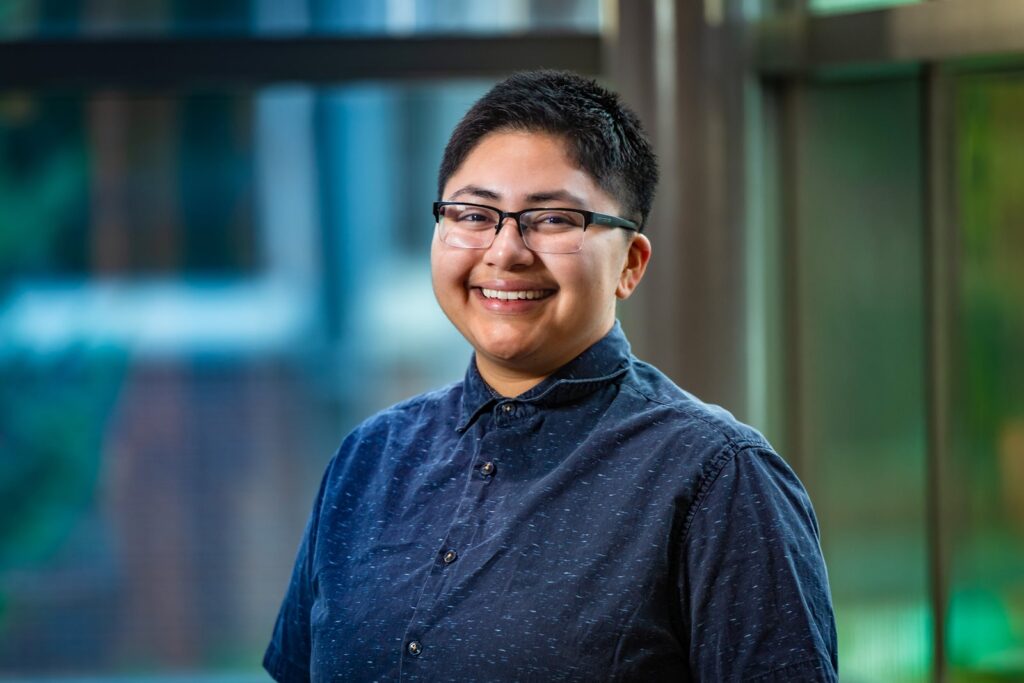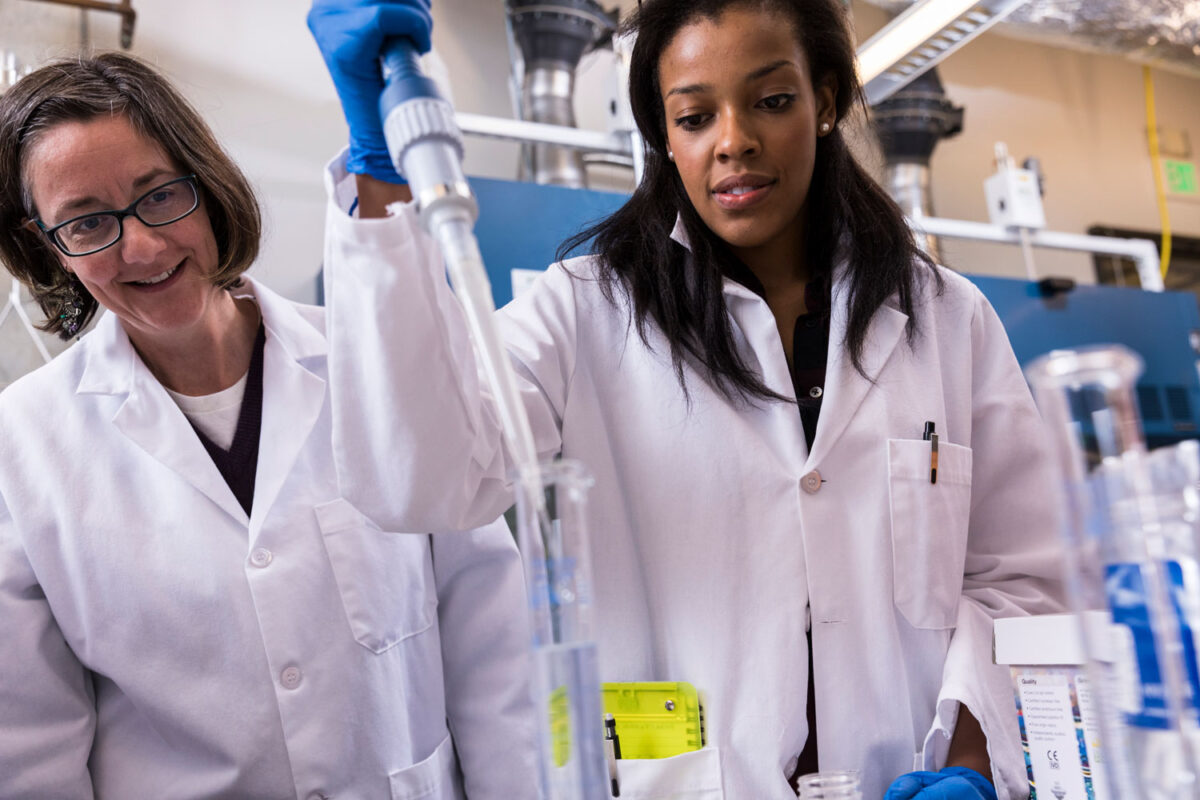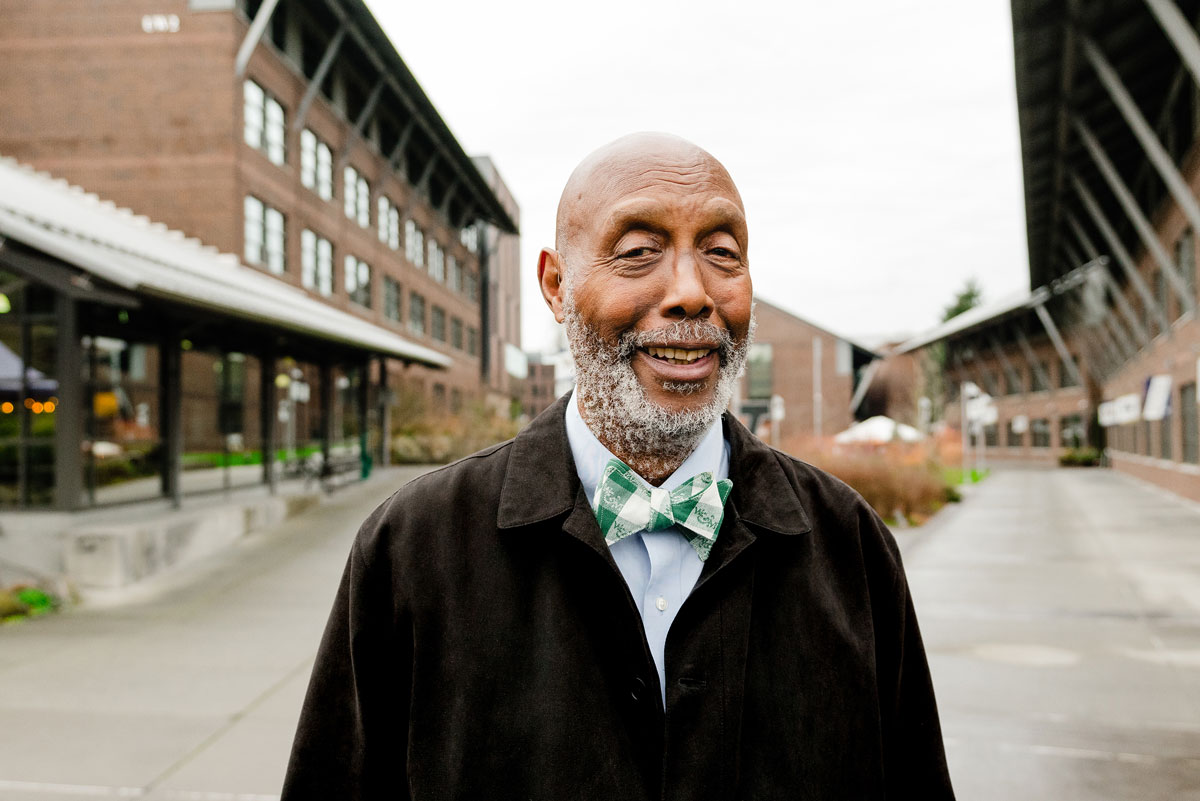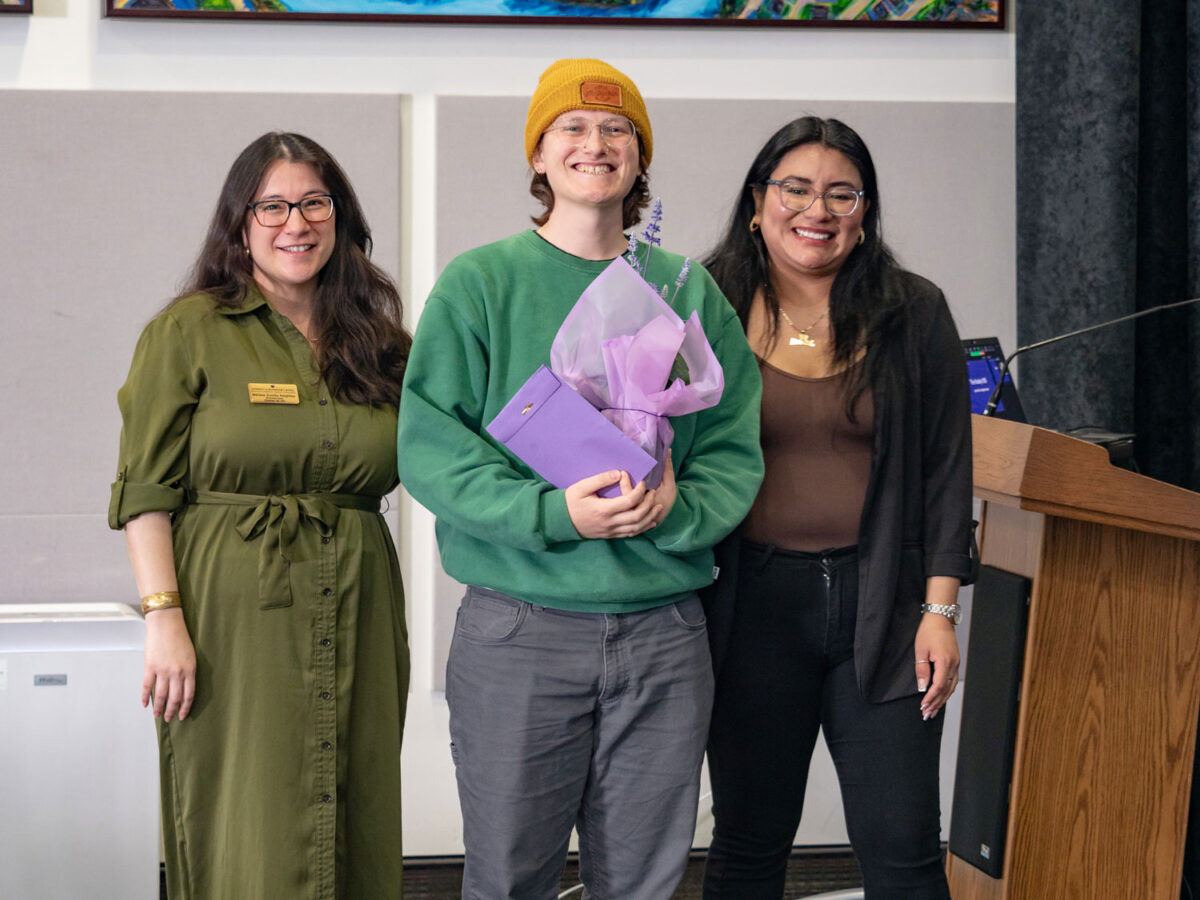
I initially scoffed when I received the email announcing the 2019 Bonderman Travel Fellowship application. You’re expected to uproot yourself and solo travel to at least six countries over a span of eight months without having to pay for any of it?
“Nothing in life is free,” I thought to myself and proceeded to delete the message.
I wasn’t necessarily wrong in my thought process. I grew up in a world where reciprocity was an expectation even if it didn’t align with my values, politics or needs. Yes, this apartment has homophobic landlords, but I really need affordable housing right now. Yes, my job is unstable and has terrible working conditions, but I really need the money.
My decision to ignore the email about the fellowship was largely influenced by years of enduring unhealthy reciprocity and facing many closed doors. This fellowship meant it had a big catch and was way beyond my reach.
That is, until one of mi mami’s dichos (my mother’s sayings) began circling in my head:
El no ya lo tienes. Que pasa si te dicen que si?
You already have the no. What happens if they say yes?
After attending an online information session, seeking advice from several mentors about my application, talking through my personal statement with those closest to me, seriously thinking about how I want to connect with the queer art community on a global scale and working through the anxiety of an emotionally difficult interview … the Bonderman selection committee said yes. On Dec. 29, I left Seattle and will return in October.
Even as I sit here en la terraza de mi hospedaje (on the terrace of my hostel) watching kids roller-skate around the park in Bruselas of Cartagena, Colombia, I still don’t feel the weight of that answer. I’ve been confronted with a handful of barriers that have prevented me from even processing my new reality: getting sick right before the start of my Bonderman, being referred to by my dead name, getting misgendered, navigating inaccessible spaces, troubleshooting bank issues, having zero phone service, getting lost and running out of cash. It hasn’t even been a week since I left!
I suppose this was the catch — the moment of reciprocity. I have to weave through the imbalance of my personal, social, financial and physical equilibrium in exchange for this once-in-a-lifetime opportunity. Even though I have the capacity to survive this transition, I am not going to minimize how I feel. It’s been a really hard week. So, what am I doing to cope?
Julio Salgado made a profound yet simple illustration back in 2017 detailing the hands of a brown artist holding a paintbrush tightly against their chest with text that read, “What will I do with this broken heart? — said no artist ever.” And he’s absolutely right. I’ve been uprooted before under circumstances that were out of my control. I was left traumatized by the experience and relied heavily on art-making to cope with it all. Art became and continues to be a way for me to unpack, validate and hold space for my feelings — even the hard ones.
I am in a constant state of learning and unlearning. I owe a lot of my growth to the love and support of my black and brown queer and trans art community. I feel most grounded when we conjure ideas together and witness each other’s brilliance. I hope to continue along that path as I connect with even more artists in every country I visit. I recognize what a privilege it is to have the means to travel, and I am incredibly grateful to have been told, “Yes.” Now, my priority is to do right by my ancestors, the people who have supported me in the present and those I will cross paths with in the future. This is the kind of reciprocal relationship I want to be in: artists helping artists.
~ Mateó Ochoa
Mateó B. Ochoa recently graduated with a Master of Arts in Cultural Studies at UW Bothell. The Bonderman will take Ochoa to Brazil, China, Colombia, Egypt, Georgia, India, Indonesia, Taiwan, Philippines, Rwanda, South Korea and Ghana. Follow Mateó Ochoa’s journey online.
The Bonderman Fellowship offers University of Washington graduate, professional and undergraduate students an opportunity to engage in independent exploration and travel abroad for a minimum of eight months. Learn more about the Bonderman.



